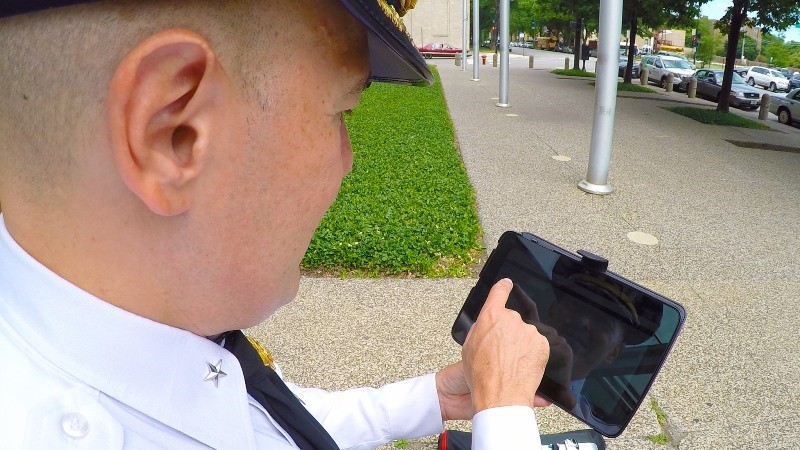
The FirstNet national communications network for first responders still faces challenges to ensure the network’s reliability, security, and interoperability.
Mark Goldstein, director of physical infrastructure issues at the Government Accountability Office (GAO), said that FirstNet struggles with providing network coverage to rural and hard-to-reach areas, ensuring the network’s overall resiliency and cybersecurity, managing frameworks for verifying user identity, and prioritizing the users on the network. However, Goldstein said that FirstNet is researching ways to resolve these issues.

Rep. Dan Donovan, R-N.Y., said that the improvement of communications technology comes with the risk of cybersecurity vulnerabilities, as many of the FirstNet applications are IP based and interconnected.
“We must ensure our nation’s first responders are aware of cybersecurity threats and can work to address them,” Donovan said at a Homeland Security Committee Hearing on Oct. 12.
The Department of Homeland Security uses the Cyber and Physical Threat and Risk Analysis to Improve Networks (CAPTAIN) program, to collaborate with public and private emergency communications organizations to increase understanding and awareness about cybersecurity risks that could threaten the mission of first responders.
“Emergency communications networks are only as secure as its weakest connection. Vulnerabilities at any point have the potential to affect the entire network,” said Ron Hewitt, director of the Office of Emergency Communications (OEC) at DHS. “In addition to our technical assistance offerings related to cybersecurity, OEC assists our stakeholders through various programs and activities.”
The Federal Communications Commission announced that states that want to opt out of the FirstNet radio access network for first responders must do so by Dec. 28.
On Sept. 15 the FCC released the standards with which it will determine whether state broadband networks are interoperable with the National Public Safety Broadband Network. The FCC plans to assess states’ requests to opt out of FirstNet and use their own networks instead, through a two-pronged review system.
FirstNet worked during hurricanes Harvey, Irma, and Maria to enable information collection, dissemination, and coordination in response to the disasters.
“We know this work is making a difference,” Donovan said. “I am interested in hearing our witnesses’ assessments of how these networks fared during the recent hurricanes.”
